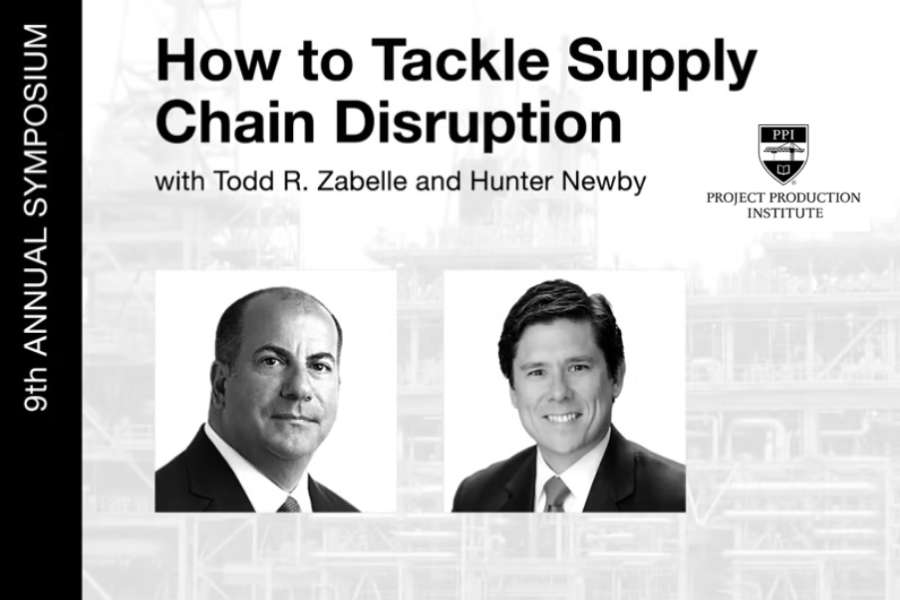Obstruction, Barriers and the Banning of Municipal Dark Fiber
May 1, 2012
Source: Internet Telephony Magazine
This article originally appeared in the May 2012 issue of INTERNET TELEPHONY magazine.
There could be no greater indication that municipal dark fiber networks can and do succeed with the proper plan, team, funding and execution than the efforts of the incumbent telecom and cable operators to block their very existence.
The battle lines have been drawn on the map of the United States – and future of success, or failure, can be predicted by those states that have enacted legal barriers to, or the outright banning of, the creation of municipal networks and those that have not.
It is clear that the world has moved into the network-age, and success will be determined by those that can execute on a plan to keep up with the networking demands of their citizens and the businesses that they transact with, but many local governments in the U.S. have had the ability to control their own destiny taken out of their hands. Nineteen states in the U.S. have enacted barriers to either make it difficult or impossible for communities to build publicly-owned networks, according to muninetworks.org.
How can this be? As America struggles to regain gross domestic product and productivity growth, it desperately needs new and sustainable job creation and the ability to tap into its largely untapped and vast intellectual capital resource – the innovative citizens of this free country. The key ingredient to unlocking all of it, the dark fiber network upon which broadband operates, is being limited in many states. The answer is simple, yet complex. It is vested interests and politics verses what the people want and need. Whose interests will be served, the individual’s, or the shareholder’s? Will it be the greater good, the good of the many, the few, or the one?
It seems clear by the Community Broadband Preemption Map at www.muninetworks.org that Arkansas, Missouri, Nebraska and Texas have chosen to side with the corporations and their shareholders rather than the citizens of the state. It must have been a difficult choice though considering that given sparse population density the incumbent telecom and cable companies are probably large employers as it is and the state doesn’t want to do anything to impact those existing jobs – a message of clear probability delivered by the incumbents to the state legislatures no doubt.
The rationale behind a for-profit entity doing anything to help those in the state without proper, true, high-speed broadband if it doesn’t meet their profit profile is non-existent though. Since the incumbents are not going to build a proper fiber-based network and provide real broadband service where they do not have to either because it does not meet their investment return profile, competition does not exist and will not because it has been sufficiently blocked, then maybe it makes sense for the citizens to become shareholders. Maybe the local governments should float a bond to take a huge stake in the incumbent. Maybe that way they would at least get a chance to be heard at a shareholders’ meeting. It might help them get their community on a network plan in the foreseeable future.
At the very least they can as individual shareholders each benefit from the stock price appreciation and possible dividends paid out by the incumbents and based on the milking of every other community still stuck on legacy low-speed and expensive networks. If they are really smart, they can move to another state where municipal networks exist and have their dividend checks forwarded to their new addresses where they sit and monitor their stock portfolio on their blazing fast Internet connection.
Edited by Stefania Viscusi




